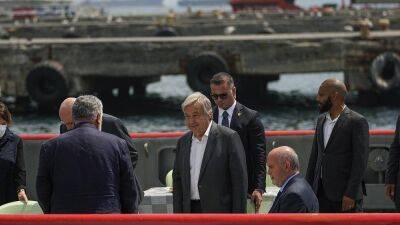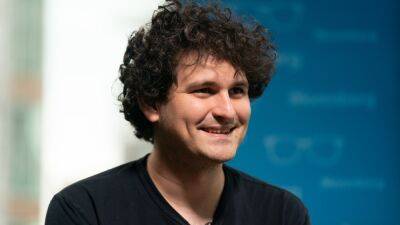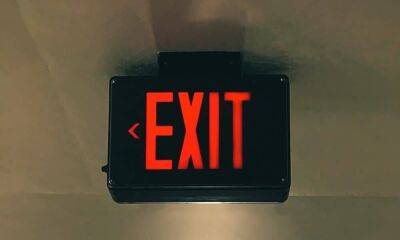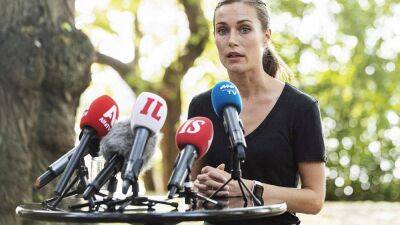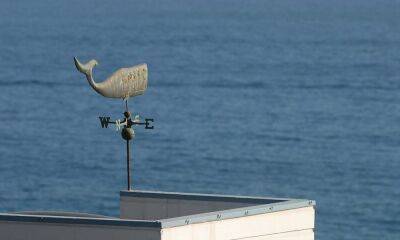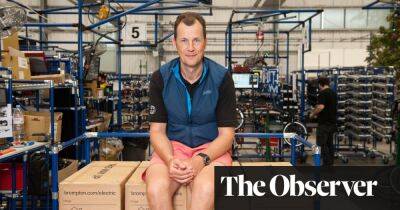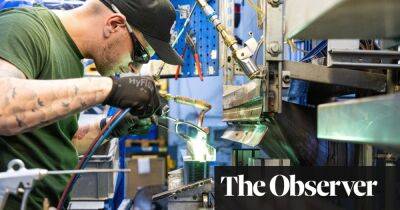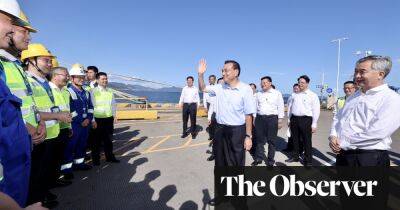‘There’s nothing else to give them’: Liverpool food banks confront rising hunger
An uncomfortable silence fills the hall of St Bride’s church in Liverpool. In a few minutes, its doors will open to some of the city’s hungriest families. Between 250 and 300 people are expected at its latest weekly food bank, although it could be more. But there is little to offer them: only 150 parcels of food and a small pile of unwanted clothes.
For the first time in years, the volunteers have to turn people away. They look aghast. “That will last half an hour at best. What do we do then?” asks Julian Sowden, one of the longest-serving volunteers. “There’s nothing else to give them. We just stop? We just shut the door?”
The answer – “yes” – is met with silence. School holidays are approaching, says another helper, the church will be “inundated with people who can’t feed their children”. Nick Mendes, one of the trustees, asks in a plaintive prayer for God to “supply our needs”. Little more than an hour later, the food has gone.
This Liverpool food bank – and thousands more like it – are at the sharpest edge of a deepening economic crisis that has its roots in the Covid pandemic and in the corridors of power from Westminster to Moscow.
As prices continued to rise at their fastest rate for more than 40 years, the Guardian spent two weeks on the frontline of Britain’s cost-of-living crisis and listened to those struggling to survive the biggest fall in living standards since the mid-1950s. It heard of families stockpiling cheap disposable barbecues to cook during winter, others hoarding candles to light their homes, and some rationing sheets of toilet paper.
Among those relying on emergency handouts were a recently retired NHS receptionist, a self-employed father of two who said he would need to steal from supermarkets to
Read more on theguardian.com

